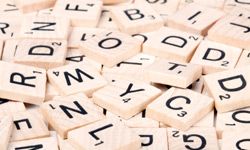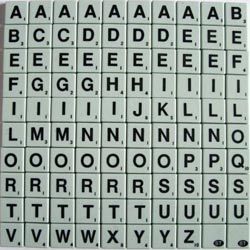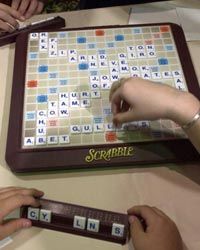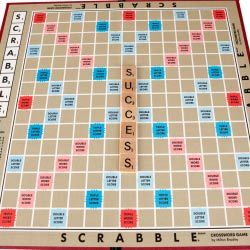Palms damp and pulse racing, you contemplate your next move. A game-winning play could be as close as the tiles on your rack, if only you can use the letters to spell out victory -- or, at least, another seven-letter word that will get you there. As you struggle to keep your game face on, your opponent stands ready to throw down the dictionary and challenge your word choice.
If your Scrabble play has progressed into a near-obsession with word lists and little-known rules, then it's time to talk strategy. Successful players see Scrabble as not only a word game, but as a mathematically powered match of wits brimming with statistical probabilities. You'll need to master your own tiles yet understand the board as a whole -- maximizing tile values through premium placements, blocking your opponent's power moves and passing up obvious plays in the hopes of big scores.
Advertisement
Whether your ambitions are to simply dominate game night or to secure a place in Scrabble history at a tournament of champions, take a closer look at our top 10 strategies. One of them could just make you a winner.



